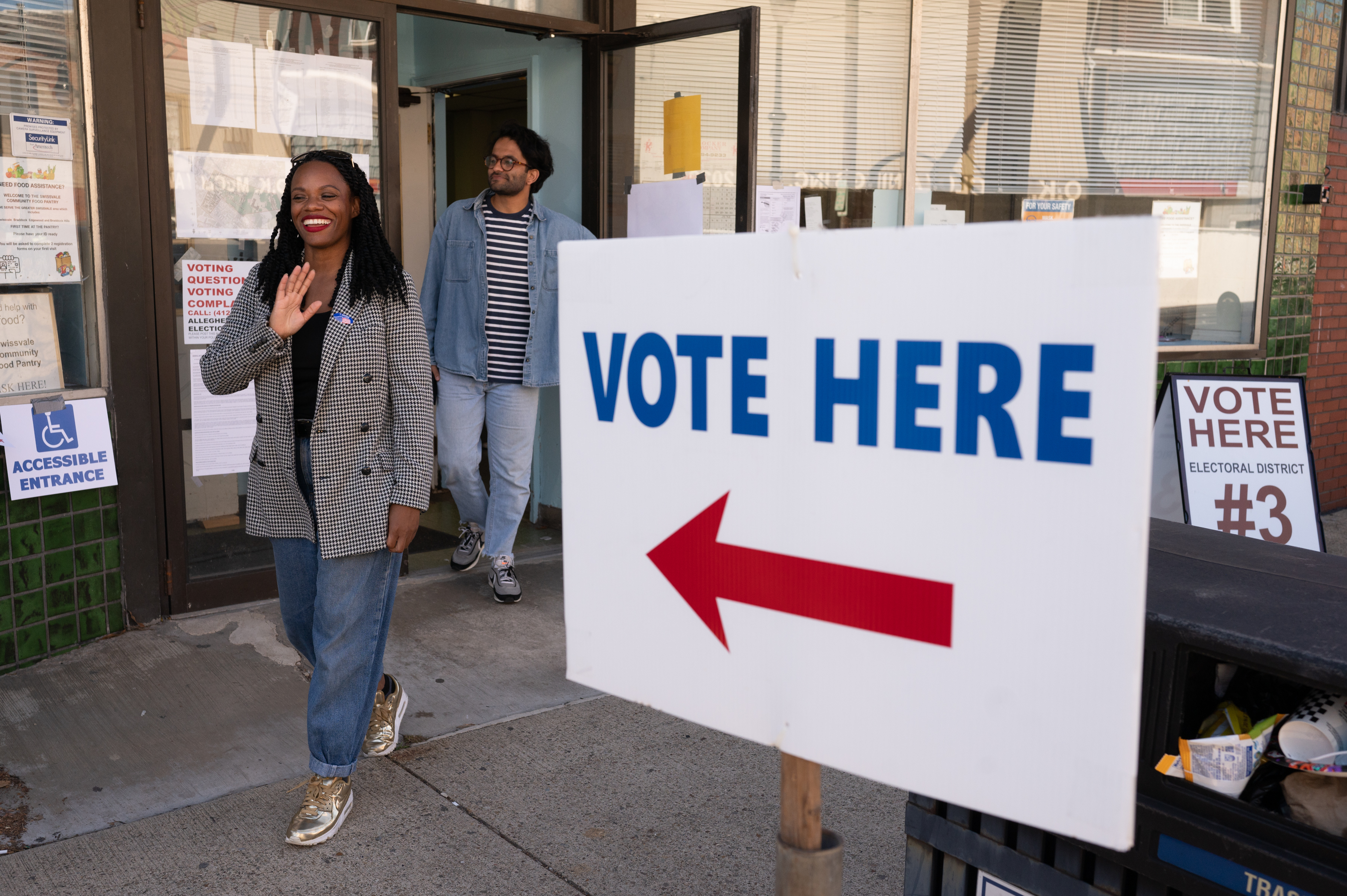What to Know
- Pa.Gov. Tom Wolf is proposing a sliding scale of fees for municipalities that currently rely on state police for full-time coverage.
- Those municipalities would need to pay the state a per-resident fee for those services -- as much as $166 for the largest communities .
- More than half of Pennsylvania's 2,500 municipalities would be subject to the fee, according to the state police.
Municipalities that currently rely on state police for full-time coverage would need to pay the state a per-resident fee for those services -- as much as $166 for the largest communities -- under Gov. Tom Wolf's 2019 budget proposal.
The idea of charging towns for state police protection has been kicking around the statehouse for years. In 2017, the Wolf administration put forward a one-size-fits-all fee that drew the ire of many small, cash-strapped communities.
This time out, the governor replaced that idea with a sliding scale in which municipalities with fewer than 2,000 residents pay $8 per person and those with more than 20,000 must pay $166.
More than half of Pennsylvania's 2,500 municipalities would be subject to the fee, according to the state police, and that list continues to grow. Nine joined the roster in the last two years as local officials, like everyone else, search for ways to cut costs.
A PennLive analysis of police and U.S. Census data shows that if Wolf's proposal were to be enacted, the state would collect $109.1 million from 1,297 municipalities. The 2019-20 proposed budget calls for the measure to bring in $103.9 million. That would help fund three cadet classes for the state police, which is facing down a glut of retirements and increasing demand for troopers.
David Kennedy, president of the Pennsylvania State Troopers Association, said in a written statement that the group supports "any effort to fund cadet classes in order to avert a staffing crisis."
Local
Breaking news and the stories that matter to your neighborhood.
Impacted municipalities would face some tough decisions, however, because the proposed state police fee represents a significant portion of their annual budgets.
The Pittsburgh suburb of Hempfield Township would pay the most, $6.9 million, for troopers to respond to calls from its nearly 42,000 residents. The privilege comes at $166 per person.
Township Manager Jason Winters said that represents more than half of the community's $13.6 million budget. Recently, the township took steps to organize a policing commission to study its options in anticipation of just such a measure from Harrisburg.
"We've been very lucky here not to raise taxes for a period of time," said Township Manager Jason Winters. "That's what it'd have to be."
The latest proposal is more forgiving of communities like Pillow, a tiny borough of 300 in northern Dauphin County, but Mayor Todd Laudenslager said it would still be difficult to raise the necessary $2,400 to cover an $8 per-person fee. The borough's annual budget is about $45,000.
Laudenslager's concerned about passing along a tax increase to working families and retirees. After the 2017 proposal, borough officials reached out to a neighboring town to see if it could enter into a shared services agreement. The price seemed fair, he said, but far too onerous.
"I'm wondering how much police protection we're really going to have for the money we'd be spending for the town," he said. "Are they going to come once a week to the town to justify the cost you pay them or are you paying for the good of the whole?"
Policing, of course, isn't cheap.
Towns with dedicated police departments pay far more than $8 or even $166 per capita for the privilege, according to 2014 data PennLive compiled and analyzed in 2017.
On average, those municipalities paid $155 per person with the Montgomery County borough of West Conshohocken reporting to the state Department of Community and Economic Development that it spent the equivalent of $1,357 per resident on policing.
In the past, supporters of a state police fee argued that municipalities who rely solely on the agency are benefitting from the largesse of other taxpayers who subsidize services they don't use.
Dean Pepicello, a township supervisor from the suburban Erie community of Harborcreek Township, said he's sympathetic toward that argument although he points out that it's ultimately a local decision.
Not every community needs its own police force, he said, and the state police also lend a hand in the form of lab services and part-time response to municipalities that wouldn't be subject to Wolf's proposed fee in its current form.
"If a state legislator approves something like this," he said, "we as locals have to double people's taxes and not get an increase in services. I don't see how we sell that to our residents."
Harborcreek would pay nearly $2.5 million, or $141 per resident, under Wolf's proposal. That accounts for about half of the township's annual budget.
Pepicello said the township has already looked into a few alternatives based on past attempts to pass a state police fee. Setting up a regional police force, he said, would cost the community about $1 million per year. That isn't an ideal solution, either, but it's one the township would consider if Wolf's proposal is enacted.
"Is there retail theft? Yes, in our commercial district," he said. "But half of our land is open space. There's very little need (for policing) out there."
The governor's proposed budget, of course, is a starting point for negotiations, not an end goal in itself.
Top GOP lawmakers from both chambers indicated Monday they were open to at least considering the state police proposal.
House Speaker Mike Turzai, R-Allegheny County, said the state police fee isn't a Democratic or Republican issue.
"Finding consensus on that has always been difficult, in large part because many rural communities utilize the state police -- and it's what they prefer," he said. "We have to see what specifics are put on the table . . . and whether the governor can build consensus."



